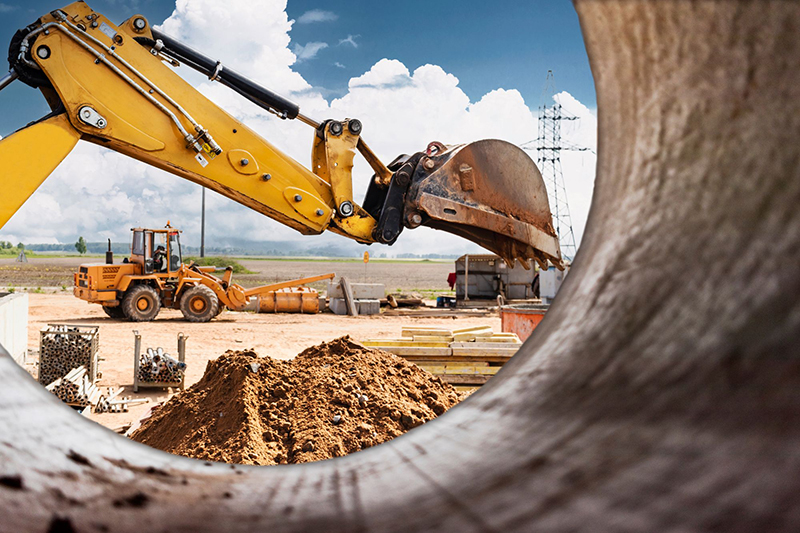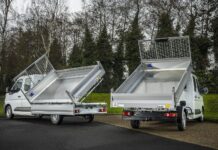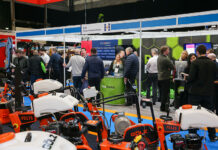THE CEA (Construction Equipment Association) has revealed it is in ‘urgent discussions’ with the Department for Business and Trade regarding the impact on UK construction machinery exports of new US tariffs on steel and aluminium.
From 18 August, new US tariffs mean finished construction machinery and key parts exported from the UK now fall within scope of duties on steel and aluminium.
UK-origin goods are currently charged at 25% on the steel and aluminium content of the product, while many non-UK competitors face 50%. The CEA said that if the metal content cannot be proven at the time of entry, US Customs requires the duty to be applied on the full value of the machine — creating a ‘serious risk of overpayment and penalties’.
These measures cover not only finished machinery but also a range of components — such as buckets, blades and mixer parts — which are integral to UK exports. This, the CEA added, widens the exposure significantly, as both complete machines and the parts needed to maintain them are now in scope.
For complex machines made from thousands of components – many sourced from suppliers who do not provide detailed material breakdowns – complying with these rules is tipped to be extremely difficult in practice. The CEA said initial analysis indicates that major UK exporters could face additional costs running into hundreds of millions of pounds each year if duties are charged on the full value of machines.
The US is one of the UK sector’s most important export markets, worth over £1.5 billion in 2023. By the first half of 2025, shipments were already down by around 40% in value compared with the same period in 2024. With these new tariffs now applying from mid-August, there are fears of further declines if workable solutions are not found.
The CEA revealed it is already in discussions with the Department for Business and Trade and working closely with Make UK and other partners to ensure government ‘hears a clear and united message from industry’.
Viki Bell, CEO of the CEA, said, “We are pressing for clarity on the UK position, for practical compliance routes that reflect the realities of complex machinery, and for exemptions where appropriate. Our immediate focus is to protect UK manufacturers by minimising disruption and additional costs.
“We encourage companies affected to share examples of where these tariffs create difficulties — whether on specific machines, parts or supply chains — so that we can present the clearest possible evidence to government. The more detail we can gather, the stronger the case we can make on behalf of the industry. We will continue to keep members closely updated as the situation develops.”












